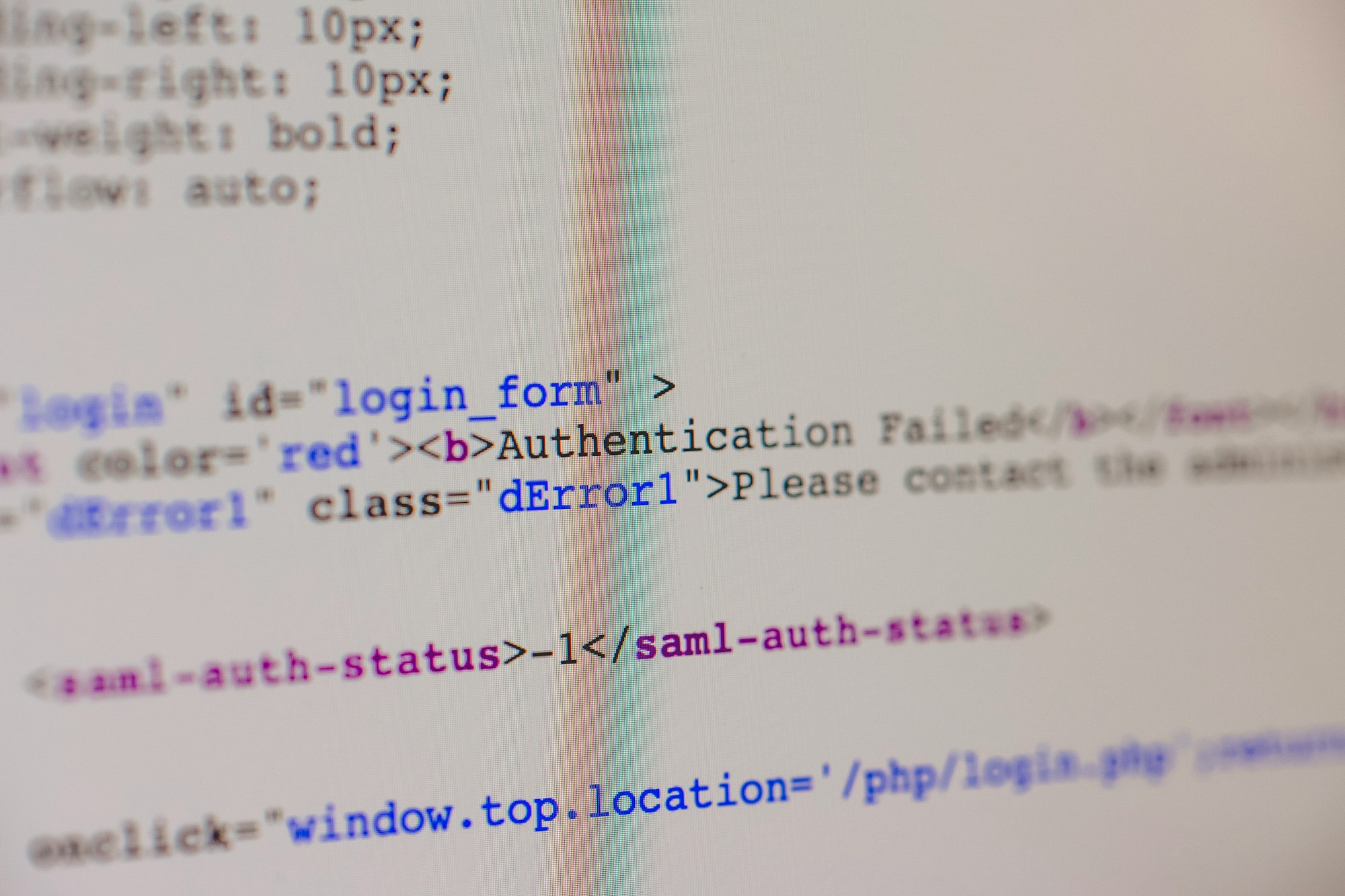
Imagine entering a cyber world where computer systems resemble vast metros bustling with information instead of people. Like comprehensive metro systems, which require valid tickets or cards for access, each passenger in this cyber metro needs a digital 'ticket'—an authentication system. However, just as metro systems face challenges, authentication systems encounter significant obstacles as well. But before we delve into those, let's first understand what an authentication system is.
Authentication systems are the gatekeepers to the cyber world. These systems validate a user's identity, ensuring only authorized users gain access to protected information or systems. They rely on one or more identity verification methods, such as something you know (password), something you have (smartcard), or something you are (biometric data).
Now, let's examine the significant challenges that authentication systems face and the innovative ways to resolve these issues through the narrative of our cyber adventure.
Challenge 1: Password Complexity and Management
In our cyber metro, passengers often forget their digital tickets (passwords), or worse; they use easily predictable ones. Consequently, authentication systems face an uphill battle in trying not only to ensure users remember their passwords but also that they use complex ones to prevent unauthorized access.
Weak passwords: Passwords are often the weakest link in the authentication chain. Users often choose weak passwords that are easy to guess or crack, and they may reuse passwords across multiple accounts. This makes it easy for attackers to gain access to accounts.
Solution: To overcome this challenge, many systems incorporate password complexity rules. However, a more user-friendly solution would be adopting password manager tools. Password managers are akin to a secure vault that stores and auto-fills passwords. Another effective technique is multi-factor authentication (MFA), where users must provide two or more verification factors, significantly enhancing security.
Challenge 2: Phishing Attacks
Imagine a deceptive agent pretending to be a metro employee, tricking passengers into handing over their tickets. The cybersecurity equivalent of this is a phishing attack. Here, hackers masquerade as legitimate services to trick users into revealing sensitive information, such as usernames and passwords.
Phishing attacks trick users into revealing their passwords or other personal information. Attackers may send emails or texts that appear to be from legitimate sources, such as banks or credit card companies. These emails or texts may contain links that, when clicked, take users to fake websites that look like real websites. Once users enter their credentials on these fake websites, attackers can steal them.
Social engineering is manipulating people into performing actions or divulging confidential information. Attackers may use social engineering tactics to trick users into revealing their passwords or other personal information. For example, an attacker might pose as a customer service representative and call a user to ask for their password.
Solution: The best defense against phishing attacks is user education. Conduct regular training to teach users how to identify phishing attacks. Additionally, consider implementing an email security solution that uses machine learning to detect and quarantine phishing emails.
Challenge 4: Credential stuffing
Credential stuffing is an attack where attackers use stolen credentials to gain access to accounts. Attackers can obtain stolen credentials from data breaches or by purchasing them on the dark web. They then use these credentials to try logging into accounts on other websites and services.
Solution: Passwordless authentication would be an excellent way to remove credentials from the system and protect users from credential-stuffing attacks. Another alternative is to use a Dark Web Monitoring solution during authentication, so it would detect stolen credentials and protect the account.
Challenge 3: User Convenience
While tight security measures are essential, if the authentication process becomes too cumbersome, users might try to bypass it, leaving the system vulnerable. It's similar to people jumping over metro turnstiles - they're not authorized, but they've found a way around the system. Balancing security and user convenience is an undeniable challenge.
Solution: Single Sign-On (SSO) systems are an effective solution. SSO allows users to access multiple applications or systems with a single set of credentials. It’s like having one ticket for all metro lines. By improving user convenience, SSO increases the likelihood of users adhering to security protocols.
Challenge 4: Biometric System Limitations
Biometrics are becoming popular in authentication systems, equivalent to retina or fingerprint scans for metro access. However, issues like false rejects, data breaches, and unique user privacy concerns create significant obstacles.
Solution: To tackle these issues, organizations can supplement biometrics with other authentication forms, creating a layered security approach. Additionally, biometric data must be encrypted and stored securely to prevent unauthorized access.
In conclusion, even though authentication systems face critical challenges, we have outlined ways to overcome these issues. By embracing multifactor authentication, user education, single sign-on systems, and secure handling of biometric data, organizations can stay a step ahead in their cybersecurity journey.
Just like when our cyber metro runs smoothly, passengers can travel safely and efficiently when we effectively resolve authentication system challenges. Cybersecurity is a continuous journey, but with solid authentication systems, this trip can be safer for everyone on board.
https://bit.ly/3MxXhMe
https://bit.ly/3spUIFh
https://images.unsplash.com/photo-1604403428907-673e7f4cd341?crop=entropy&cs=tinysrgb&fit=max&fm=jpg&ixid=M3wxMTc3M3wwfDF8c2VhcmNofDJ8fGF1dGhlbnRpY2F0aW9ufGVufDB8fHx8MTY5OTIyMDk1OHww&ixlib=rb-4.0.3&q=80&w=2000
https://guptadeepak.weebly.com/deepak-gupta/authentication-systems-decoded-the-science-behind-securing-your-digital-identity


No comments:
Post a Comment